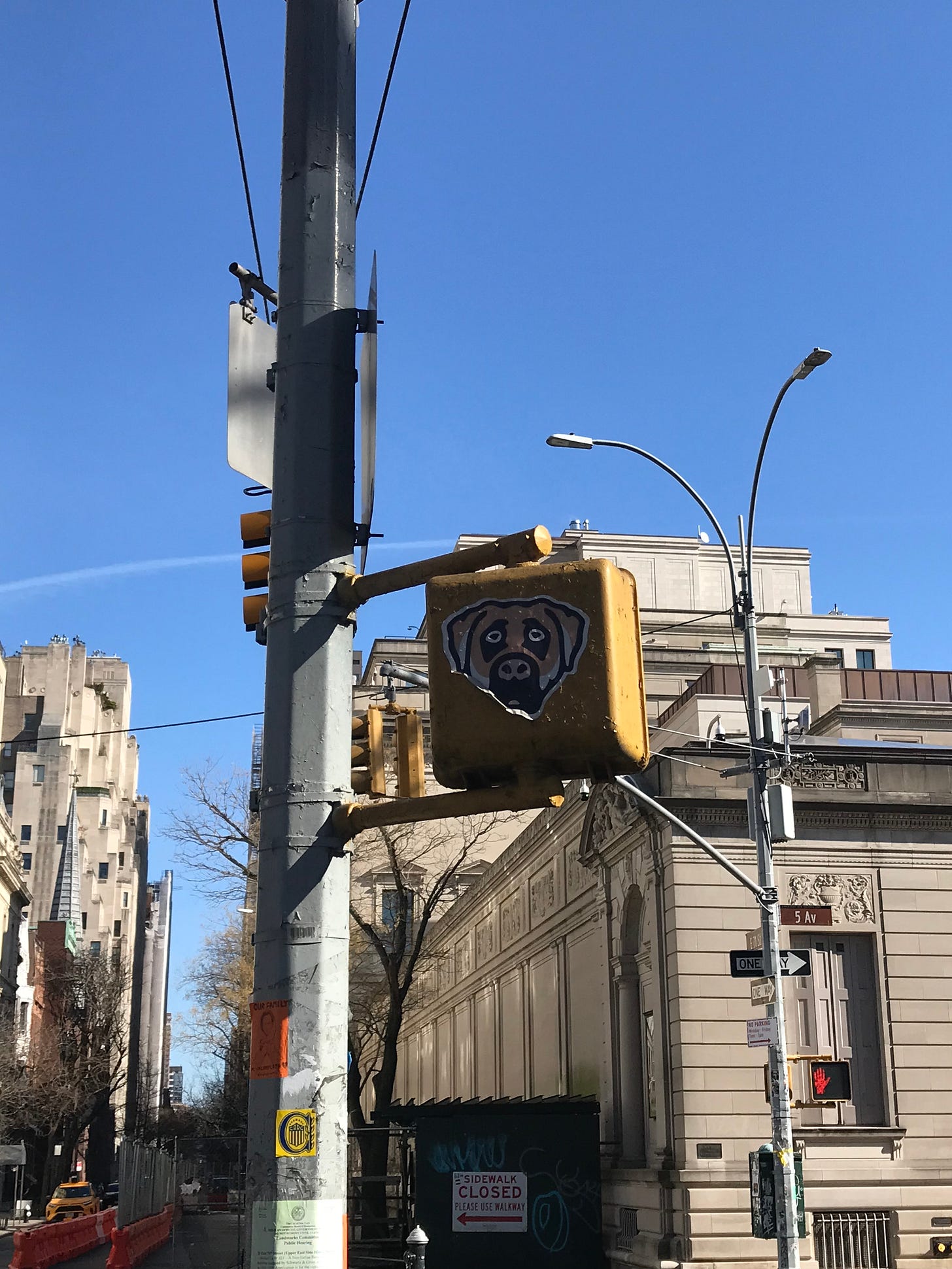True North
Global narratives may point everyday Americans towards clarity of purpose.
Route 24 is your civic education stop for stories driving public trust.
Scenic Route parks in your inbox on Fridays to merge the lanes of immersive storytelling and politics and help you find a better view. *Note: This issue is a bit more policy than story, but usually it’s the other way around on Fridays.
Route 24’s latest stops include:
Want to read more from Route 24? Join us on Notes and Bluesky.
In this issue: It feels surprisingly colder in L.A. tonight than it did yesterday in NYC, but the sheets of rainfall and gusts of Santa Ana winds set the scene for the storm that’s brewing within national politics. While the Trump administration continued to roll back First Amendment protections, such as erasing key words and phrases from federal documents, this week marked Civic Learning Week, a non-partisan initiative aimed at uniting students, educators, policymakers, and the private sector to mobilize civic education nationwide. Purporting to educate future generations without the use of established terminology is a bit like learning to drive a car without an engine. It doesn’t work. You know what will? A focus on global narratives.
LATAM Blueprint
As discussed at a recent panel for Americas Quarterly’s latest edition, Navigating Trump…And Three Other Trends That Will Define Latin America in 2025, Latin America faces considerable risk from Trump 2.0, specifically the peoples of Mexico, Venezuela, Cuba, Nicaragua, Argentina, El Salvador, Colombia, Brazil, and Peru. With Latin America historically representing resilience, how each LATAM nation responds to regional trends can help to inform the diverse groups most targeted by a second Trump term.
For Mexico, concerns are centered on the border and tariffs. For Venezuela, Cuba, and Nicaragua, it’s unclear how Trump 2.0 will respond to socialist dictatorships in an effort to steer away from heightened migration. For Argentina and El Salvador, Trump’s support of autocratic regimes will likely exacerbate the rollback of human rights in the region. For Colombia, Brazil, and Peru, Trump will take a hardline approach to their pro-democracy stances and trade relationships with China.
With the risk of retaliatory tariff enforcement should the U.S. proceed, experts in the region suggest positioning Latin America as a viable opportunity for the U.S., one that is best placed to drive economic and political growth against the backdrop of climate disasters and regional security. This could also, in turn, establish practical barriers to the plausibility of excuses frequented by Trump’s Cabinet.
Parity Pathways
According to the United Nations Department on Economic and Social Affairs, it will take 140 years for women to achieve equal leadership in the workplace and 286 years for women to be afforded equal legal protections.
Much of the freedoms protected by gender equality (Goal 5 of the United Nations Sustainable Development Goals) begin with girls’ education. At a time when the teachings of Critical Race Theory are banned from core curriculums, representative language is being erased from federal materials, DEI initiatives are being dissolved, and local cinemas are facing municipal retaliation for their programming choices, it’s not unrealistic to understand the implications of gender apartheid1 globally and how the grassroots response to such practices may better inform women in America on how best to navigate systemic gender oppression. Consider how the “Women to Drive” movement in Saudi Arabia mobilized generations of Saudi women and their allies around the world to creatively resist the ban on women’s driving rights in the region until such driving rights were achieved in June 2018.
That said, it is mission critical to give agency to the progress already made, such as the federal policy agenda briefs released by the Institute for Women’s Policy Research.
It’s equally important to acknowledge wrong turns. At the Shirley Chisholm exhibit currently on view at the Museum of the City of New York, I learned that Chisholm was not featured in TIME’s coverage of the July 12th, 1972 Democratic National Convention in Miami Beach, FL — or much national coverage for that matter — because her efforts were dismissed as not serious. Where would U.S. politics be today if Shirley Chisholm had been received on the basis of her merits? Surely, I’m not the only person to wonder…
Arcade Alley
Arcade Alley gives readers a behind-the-scenes look at some of the gaming features and design approaches that have informed our creative process on Probable Cause.
Located a block from the White House, the Black Lives Matter mural in D.C. was dismantled, an act that feels profoundly disrespectful to the memories of those lost to senseless violence, including Breonna Taylor.
In lieu of a process update or scene teaser, I recommend you watch these for perspective.
Tread Lightly
Tread Lightly gives Route 24 readers a comedy pit stop.
Fuel Up
Most Americans are faced with an internal monologue that either encourages them to acquiesce and accept the status quo or dares them to fuel up on practical solutions, educate their community circles, and expose pervasive mythology.
I choose the latter. Which will you?
Stay the course,
Sam
Sam Reetz, is a filmmaker, performer, and founder at Millennial Ethics, creating narrative solutions to complex issues.
Follow her work on Bluesky, Substack or Instagram.
Route 24, published twice weekly on Monday and Friday evenings, is a civic education project powered by Millennial Ethics Productions.
Gender apartheid is the systemic practice of “eliminating women from public life by denying them access to education, employment, and even basic health care.” Source: The Malala Fund








